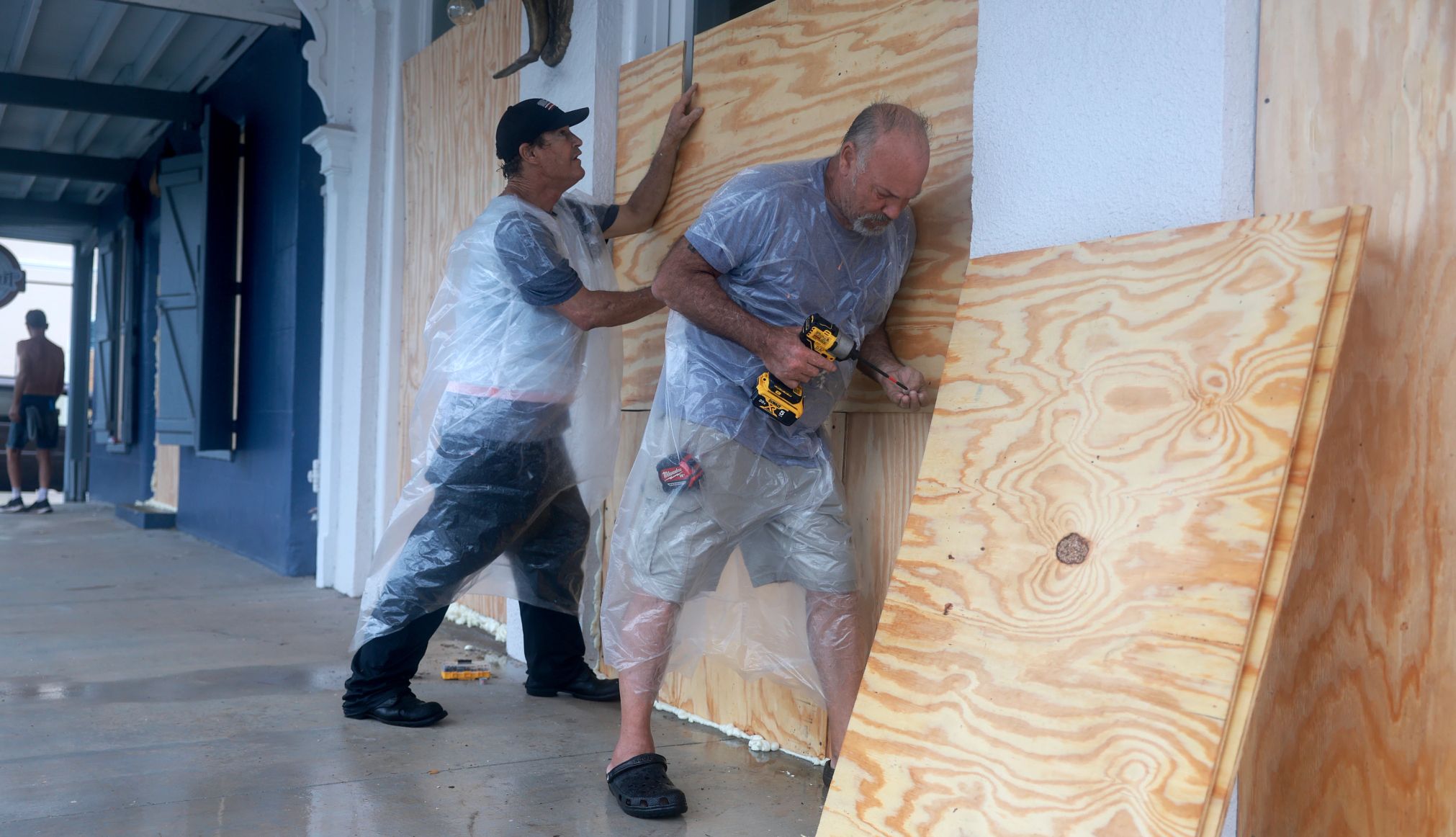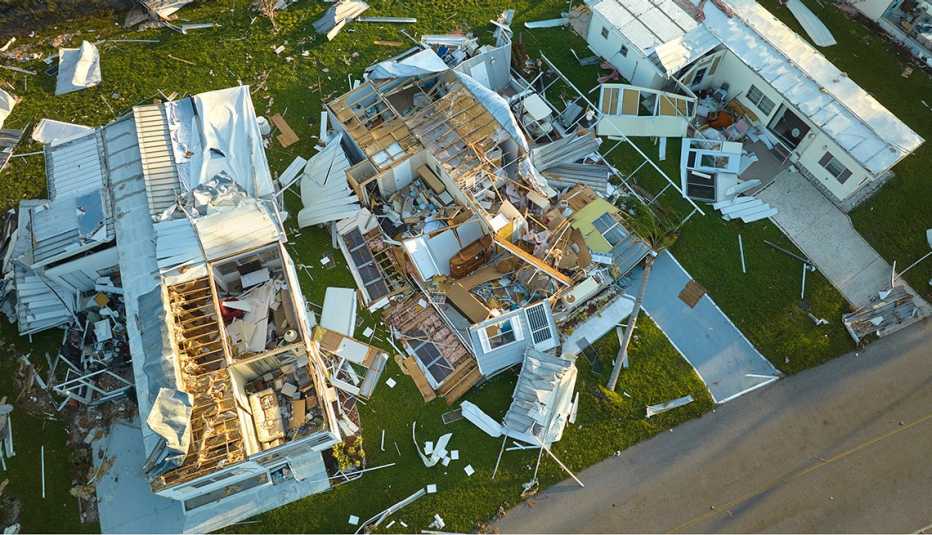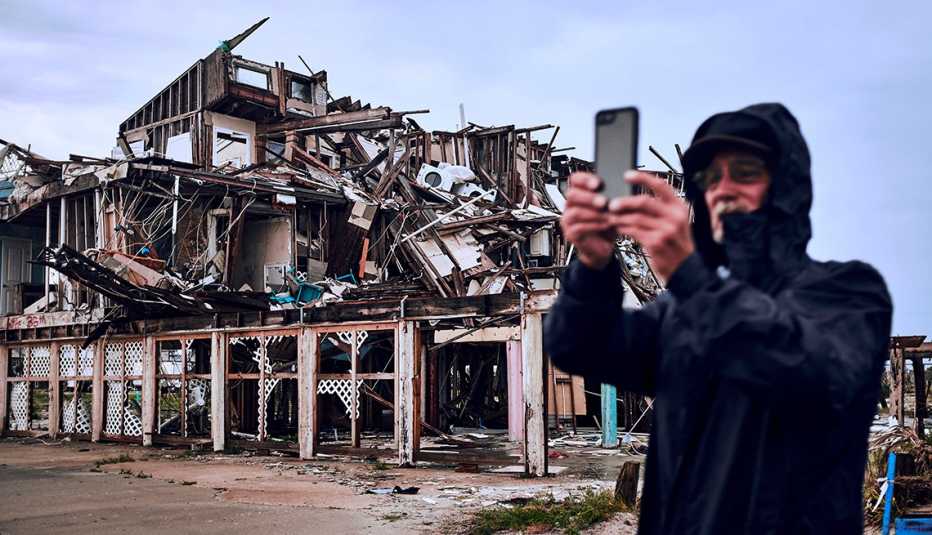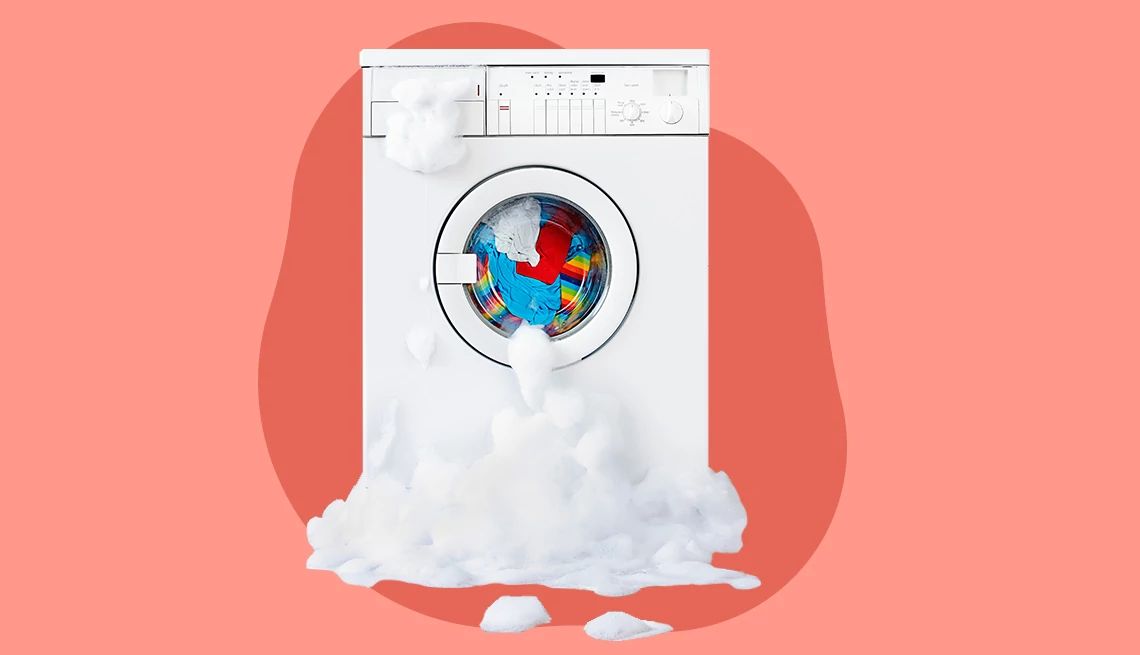AARP Hearing Center
If you don't think you live in the path of a natural disaster, think again. All Americans should have a plan in place for extreme heat, floods, home fires and storms, the American Red Cross says. And if you live in an area prone to earthquakes, hurricanes, landslides, tornadoes or wildfires, additional preparation is important long before a disaster hits.
If you’re 50 or older, add to your prep list. In addition to getting the basics — including batteries, first aid kit, flashlights, food that won't spoil, a full tank of gas and water for drinking — older adults should think about their health needs, says Don Walker, the public information officer for Florida’s Brevard County Emergency Management.
Have enough prescription medicine to last several days, or even two weeks, in case power is out for an extended period and pharmacies aren’t open, Walker says.
Anyone with medical issues who may need to go to a shelter should make arrangements before bad weather hits, Walker says. Some shelters provide access to equipment, medical staff and nurses but need to know you’re coming.
“Make those arrangements early on,” he says. “If you’re doing it at that last minute, that’s not going to work well.”
As of mid-September, the United States has already had 20 natural disasters with losses of more than $1 billion each this year, according to the National Oceanic and Atmospheric Administration (NOAA). That compares with 18 such events in all of 2022 and 28 in all of 2023.








































































